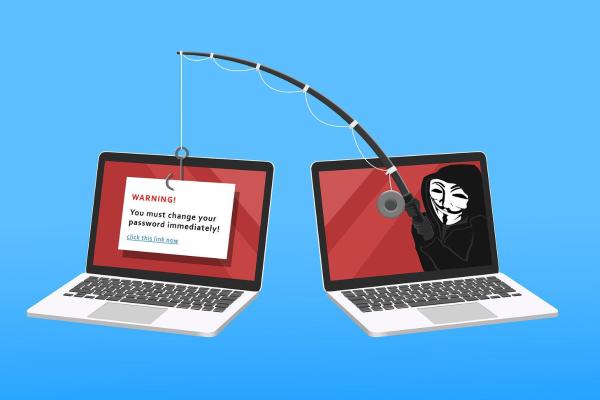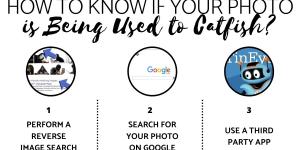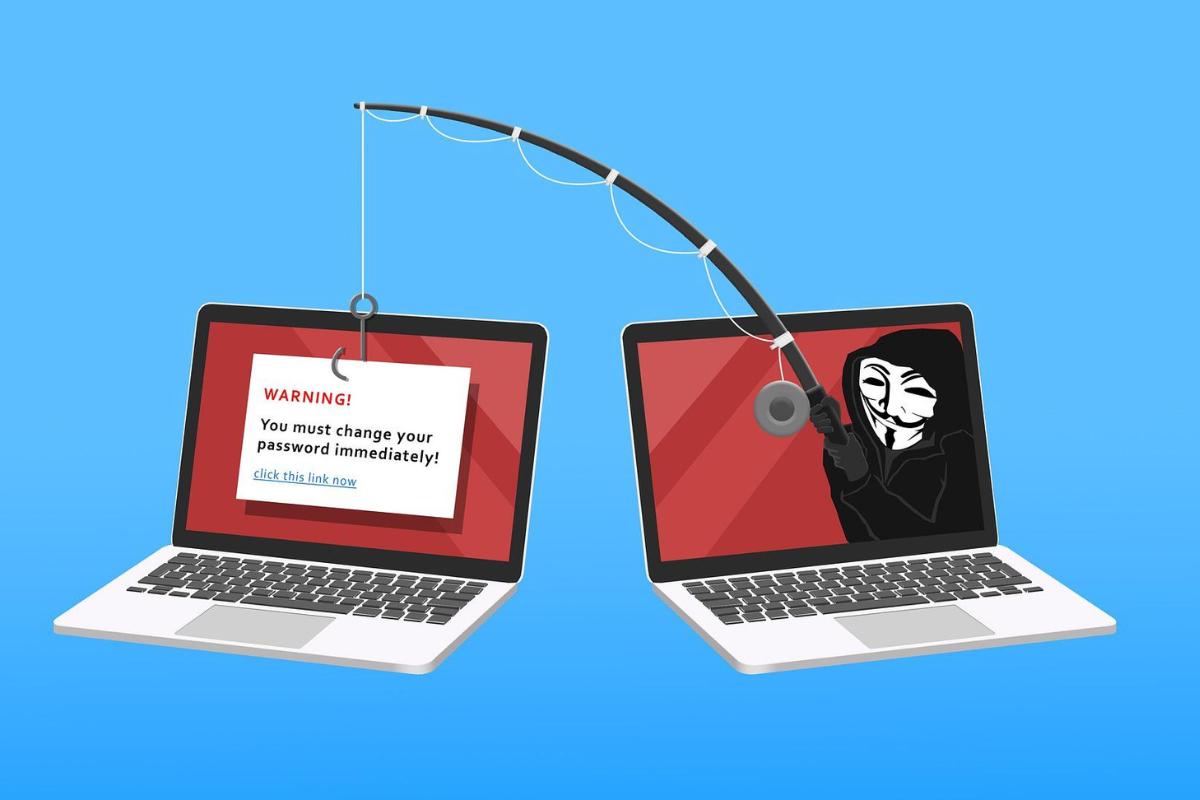What Is Phishing in Cybersecurity?


Phishing is one of the most common cyber attacks and it is only becoming more prevalent. In this process, cybercriminals try to fraudulently obtain data from both users and companies by deceit. They try to steal information such as bank details for monetary fraud, but it can also be used to obtain personal information from Internet uses for various nefarious purposes.
The best way to combat phishing is by identification and prevention. The forms of phishing can be diverse and falling into this type of computer trap is more common than it seems. It is essential to know more about it and how to avoid it so as not to suffer its consequences. This is why oneHOWTO shares our article on what is phishing in cybersecurity?
What is phishing in cybersecurity?
Phishing is a deception technique used by hackers whose objective is to steal the personal data of Internet users. They do so through a false web page which is designed to look legitimate. This can be the website of a tax agency, banking group or even a store. Although it looks legitimate, it is actually a trick.
The phishing technique usually develops as follows:
- You receive an email, SMS, WhatsApp message or other similar form of contact which claims there is a problem or an opportunity. Examples of phishing websites include fake banks, fake invoices, fake message from HR, fake login activity and many others. They can also claim to offer something desirable such as a prize or a refund.
- The email contains a link asking you to solve the problem or take the opportunity.
- When you click on the link, it takes you to a phishing website which has varying levels of authenticity. Some look very professional, while others are obviously fake.
- You enter your details into the fraudulent page and now the phishing attacker has your information. They can then use it to extract money, purchase something or use your data for other purposes.
Phishing attacks are becoming increasingly sophisticated. They commonly use big organizations such as PayPal or Amazon with which the internet user is likely to have an account. The more commonplace the problem or opportunity, the more likely the person will click on the link to solve it. This is because they often won't give as much thought to something they use regularly.

How to avoid phishing attacks
To avoid phishing, you will need to ensure you have the right level of cybersecurity. It is just as important to identify a threat as it is to use software for protection. This attack usually comes in the form of a message or email. To identify it, pay attention to these signs:
- Make sure the sender's name is known and check the legitimacy of the email address from which it is sent.
- Be wary of emails whose language contains spelling, writing or matching errors. Cybercriminals often use machine translators which are prone to making typos and other mistakes.
- If you are suspicious of the content of the message, you are probably right. If it is a prize from a raffle in which you have not participated or from a job offer in which you did not apply, avoid accessing it or deleting it.
- Hover the mouse over the link or link that contains the email. Normally, the real URL address to which that same link would direct you will appear in a small window. If it does not correspond to the one that appears in the email or you think that it does not correspond to the one of the site that it represents, it is likely that it is a phishing attack.
Also, you can protect yourself from phishing by using a good browser and using an antivirus:
- A good web browser can block many phishing threats. Windows browsers such as Microsoft Edge and Mozilla Firefox are capable of blocking more than 70% of threats. You can see the percentage of phishing blocked by each of them in the analytics of these browsers.
- Having a powerful antivirus on your computer or computer system will also protect you from phishing. The protection offered by the antivirus is added to the basic one offered by the web browser, thereby achieving greater blocking of phishing pages. If you use Google Chrome together with a good antivirus, you could be protected against 96% of these threats, but you should keep in mind that some antiviruses like Windows Defender offer little protection against phishing.
Finally, if you think there might be a legitimate problem, you can go to the website directly through a trusted web browser. Although clicking the link in an email is handy, a good rule of thumb is not never use the link included in an email and go to a website directly. If the website doesn't have any information in your account, it means someone was trying to phish you.
If you don't have protection for your computer, you can use the affiliate link below to purchase one of the most effective and secure antivirus software packages:

Consequences of phishing
Taking all possible precautions to identify and prevent phishing will help you avoid this threat. If the worst does happen and you are a victim of this cyberattack, it is important that you know what its consequences are.
A successful phishing attack can have serious consequences such as fraudulent credit card charges, money theft, loss of access to personal data (e.g. videos, photos and files) or cybercriminals putting others at risk by posing as you.
In the business world, the risks that companies are exposed to include the exposure of personal information corresponding to clients and employees, the loss of corporate funds, the loss or theft of access to confidential files and the deterioration of the company's reputation. In many of these cases, the damage caused by phishing may be irreparable. For all these reasons, it is essential for both Internet users and companies to protect themselves from phishing.
There are other types of cybersecurity which can help you to avoid being defrauded. One of the most useful is a good VPN. Check out our link on how to use a VPN to optimize internet browsing to learn more.
If you want to read similar articles to What Is Phishing in Cybersecurity?, we recommend you visit our Internet category.






